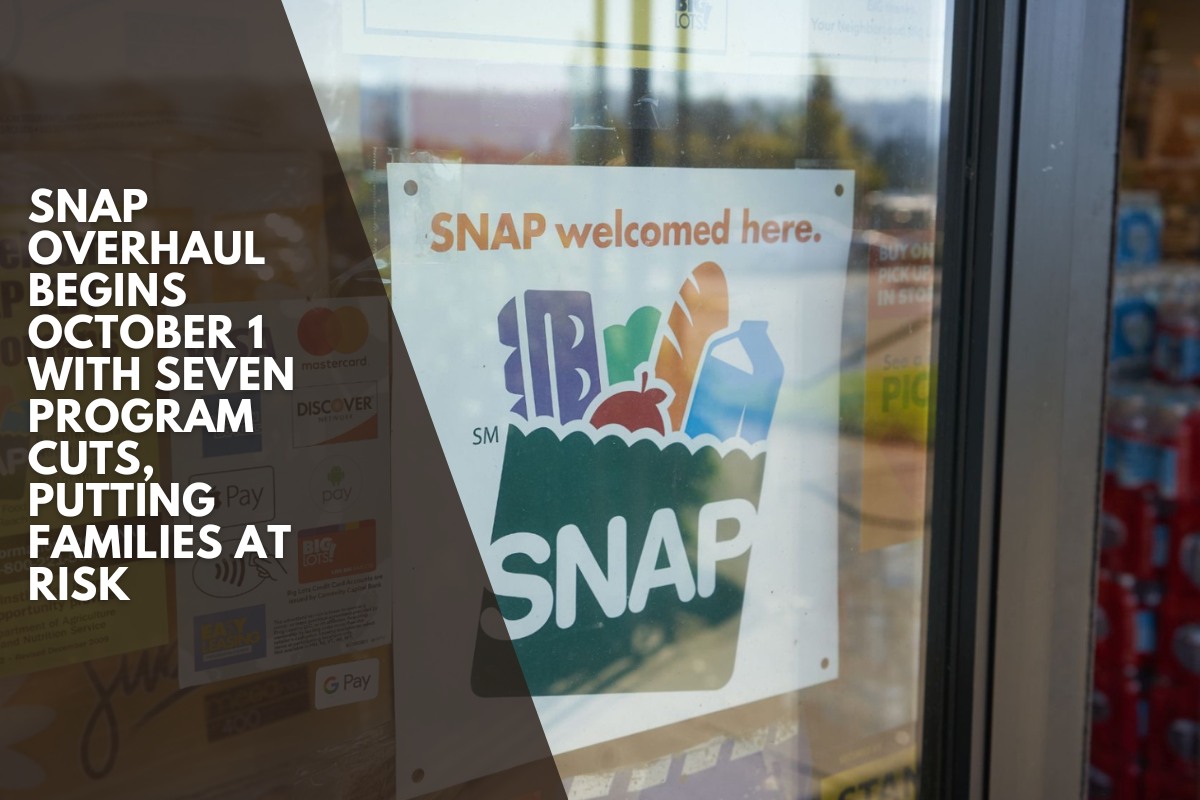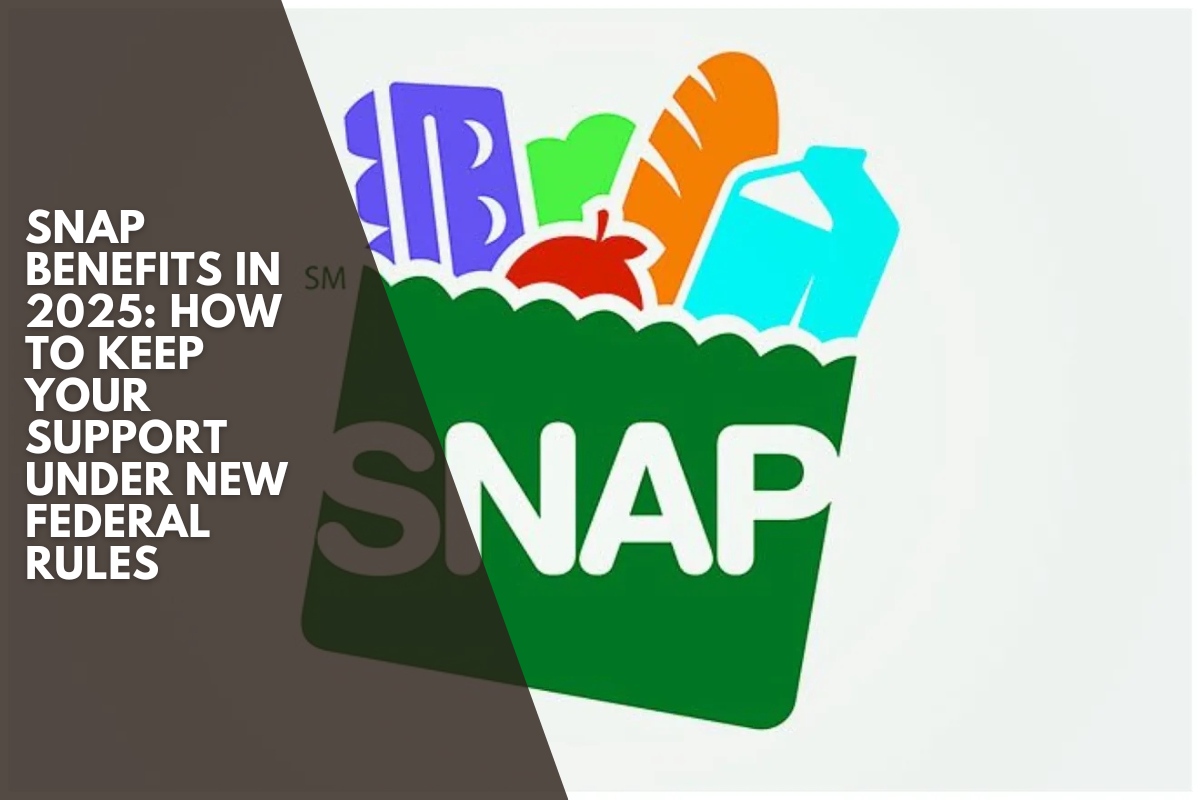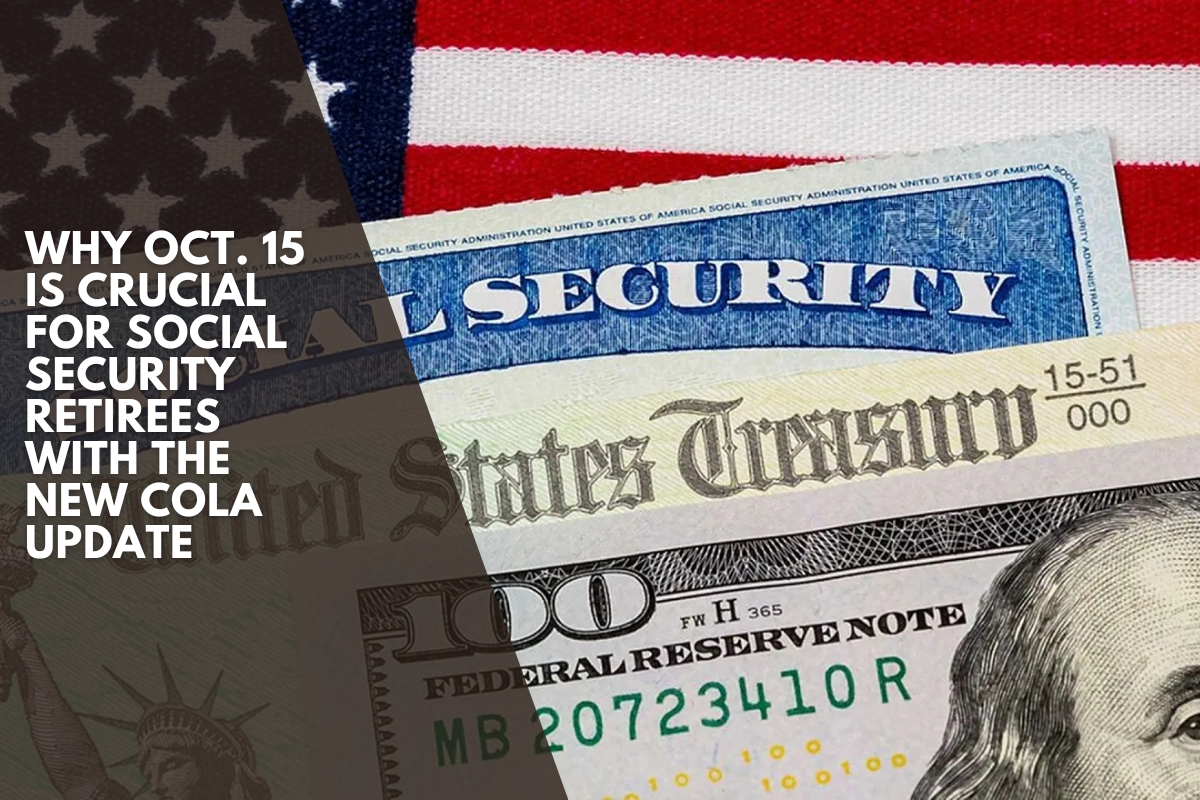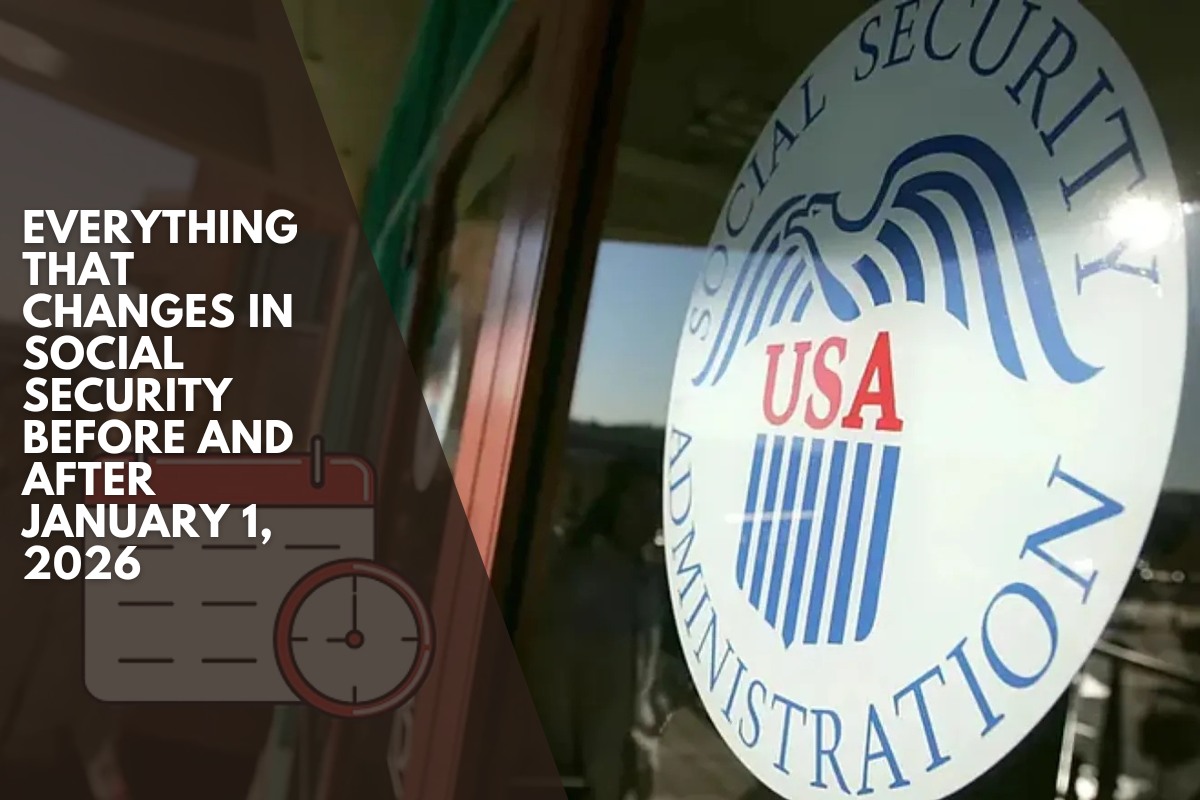A whistleblower claims that Department of Government Efficiency (DOGE) officials uploaded sensitive information to a cloud account without proper oversight, putting the Social Security data of over 300 million Americans at risk.
This sensitive information includes potential health diagnoses, income, banking information, familial relationships, and personal biographic information.
According to the whistleblower, if “bad actors gain access to this cloud environment, Americans may be susceptible to widespread identity theft, may lose vital healthcare and food benefits, and the government may be responsible for re-issuing every American a new Social Security Number at great cost.”
The Social Security Administration (SSA) responded to these accusations by stating that whistleblower complaints are taken seriously, but it appeared to downplay the allegations.
The SSA confirmed that “all personal data in secure environments that have robust safeguards in place to protect vital information” and that the data in question is in a “long-standing environment used by the SSA and walled off from the internet.” It also stated that they are “not aware of any compromise to this environment.”
Experts warn that government actions may pose a significant risk to personal data.
Two steps to protect your identity
So what advice do financial planners have to help individuals protect their identity in response to this particular situation or generally?
“People don’t need to panic,” said Melissa Caro, a certified financial planner at My Retirement Network. “Incidents like this are unsettling, but they’re also a reminder that our personal information is exposed in different ways all the time, not just in this case.”
The reality, she explained, is that Social Security numbers and other identifiers have been compromised numerous times, so the key is to ensure that you are taking basic, ongoing precautions.
Caro identifies two of the most effective steps as follows:
Signing up for free accounts with all three credit bureaus so you can review your reports and address any issues you may not even know are there. You can get free credit reports weekly by visiting the only authorized website under federal law: AnnualCreditReport.com. This site provides direct access to reports from the three major credit bureaus (Equifax, Experian, and TransUnion), allowing you to monitor your credit information for accuracy and detect potential identity theft.
Placing a credit freeze, which makes it much harder for anyone to open new accounts in your name. Catherine Valega, a certified financial planner with Green Bee Advisory, agrees with the advice: “You should immediately freeze all of your credit bureau profiles.”
“Both of these steps are free and more powerful than most paid ‘identity protection’ services,” according to Caro.
Beyond that, Caro believes it boils down to controlling what you can. Use strong, unique passwords with multifactor authentication, and be wary of unsolicited phone calls, texts, or emails purporting to be from Social Security or your bank.
“This situation may have grabbed headlines, but the broader point is that these are steps everyone should be taking regardless, because the risk of exposure is constant,” according to Caro.












